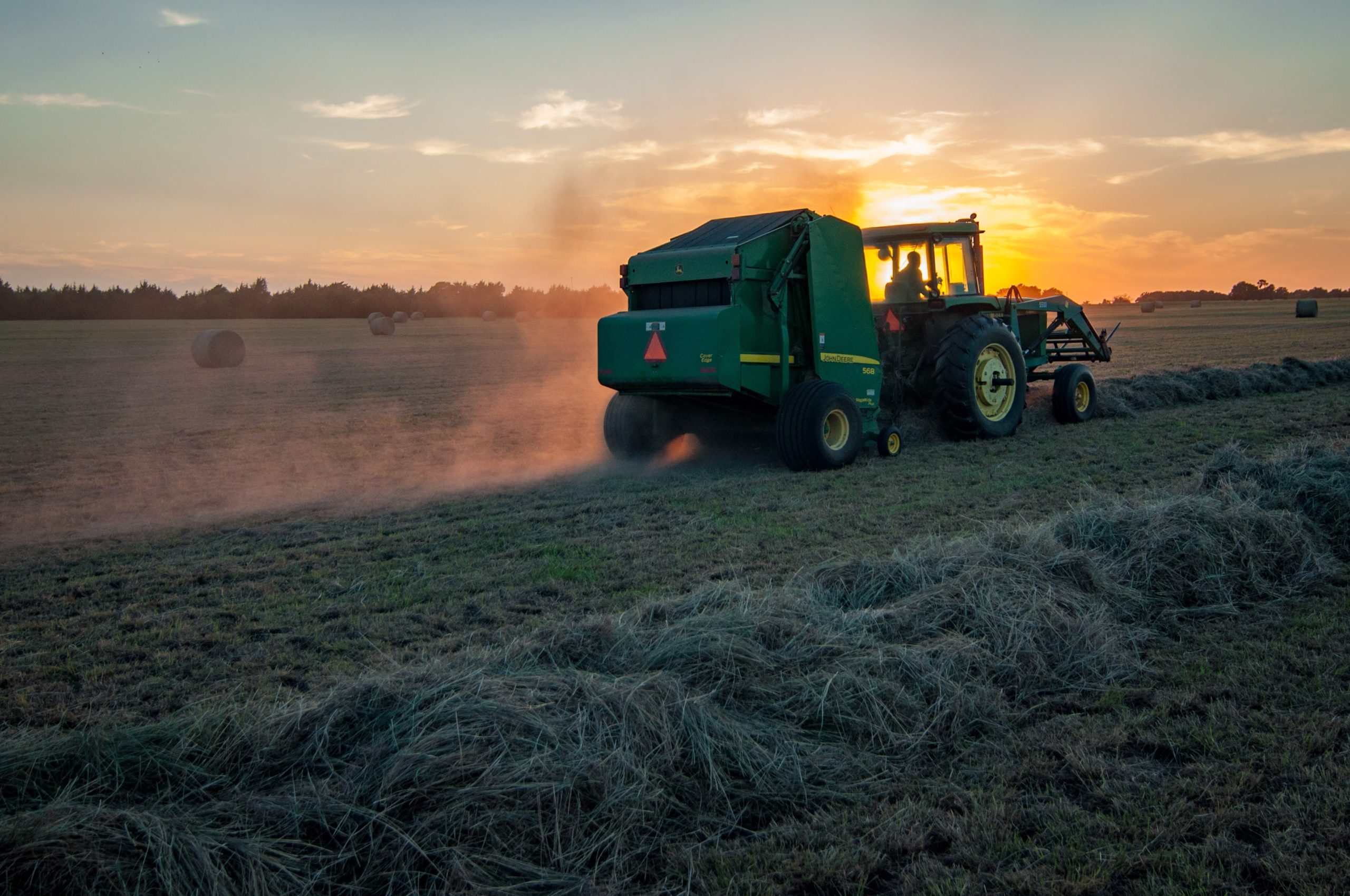ImpactAlpha, Nov. 14 –From Moline, Illinois, John Deere & Co. directs operations in 180 countries and nearly $40 billion a year in revenues. To grow, the farm equipment and agtech giant is pointing its considerable research and investment capacity toward climate-change solutions for farmers.
“They’re thinking about the whole spectrum: if climate is changing, how does our business model and our equipment model have to adapt to what is becoming a reality?” Equilibrium Capital’s Dave Chen says in the latest episode of ImpactAlpha’s Returns on Investment podcast.
Chen, whose firm invests in both “controlled environment” (greenhouse) agriculture as well as permanent and row crops, recently spent a day speaking with executives at John Deere headquarters.
Corporate investment in climate adaptation and low-carbon solutions dwarfs private-equity and institutional investments, according to the recent report from Climate Policy Initiative. Corporations account for approximately $183 billion per year in climate investment, compared to about $9 billion a year from institutional investors and $5 billion a year from venture capital, private equity and infrastructure funds.
The Impact Alpha: The climate-finance tipping point is here, and other blue-sky thinking
Most companies, at least internally, are now examining their carbon footprints, their water usage and the susceptibility of their supply chain to climate-related disruptions. Leading companies are going further, and reshaping their lines of business to provide customer-solutions in a climate-change world.
“Their customer is a farmer,” Chen said of Deere. “This is sustainability not as a series of white papers or marketing. it’s now being productized. It’s the technology cost-curve that is allowing them to productize and find the answers to the right questions.”
Corporate operations are where sometimes abstract discussions about the impact potential of investments in publicly listed equities go to ground. If the stock market functions like a massive referendum on the prospects for corporate value-creation (and destruction), shifts over time could reward companies investing in 21st century solutions and punish those creating the problems.
How global leadership and impact investments can stem the rising tide of ocean plastic
Deere is investing heavily to help farmers plant and harvest faster and even reduce herbicide use, The company bought computer vision startup Blue River Technology to help its equipment be able to distinguish between plants and pests and deliver only a targeted blast of pesticides, reducing the need for broad spraying. Precision planting allows farmers to identify every plant on a grid, reducing tilling and controlling soil moisture.
“Now a bunch of fund managers are asking, ‘What sustainability value add, what future-proofing value add, is actually hidden inside your company that hasn’t been well understood yet’?” Chen said. “Some of these sustainability fund managers are looking at companies like Deere and saying, ‘Your sustainability value add has not been priced into your stock,’” Chen said.
Deere’s investor relations team told Chen there’s been a sea-change in investor attitudes. Previously, investors interested in sustainability or ESG, for environment, social and governance factor, were exceptions. Within the last 18 months fund managers, asset managers, shareholders were all asking questions.
“Everybody,” Chen said. “It just became everybody.”
Institutional Shift: Climate risk hits the market and other impact investing trends to watch in 2019
Catch up on all our podcasts (and subscribe for free) on iTunes, Spotify, SoundCloud or Stitcher.











